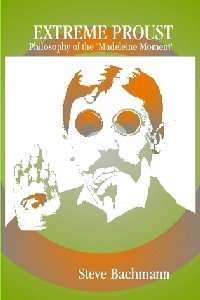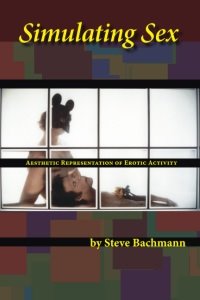The goal for rulers today, as for radicals fifty years ago, is to take apart rigid bureaucracy. ... Only a certain kind of human being can prosper in unstable, fragmentary social conditions. This ideal man or woman has to address three challenges.
The first concerns time ... If institutions no longer provide a long-term frame, the individual may have to improvise his or her life-narrative, or even do without any sustained sense of self.
The second challenge concerns talent... In place of craftsmanship, modern culture advances an idea of meritocracy which celebrates potential ab ility rather than past achievement.
The third challenge follows from this. It concerns surrender; that is, how to let go of the past. ... This trait of personality resembles more the consumer ever avid for new things...
... The consultant engineering sudden change has to draw on a key element in the new economy’s ideal self: the capacity to surrender, to give up possession of an establish reality.
...We might get deeper into people’s everyday experience by exploring the distinctive ways in which people learn how to consume the new—new goods and services—and then ask ourselves, Do people indeed shop for politicans the way they shop for clothes? Rather than just as an angry voter, we might want to consider the citizen as a consumer of politics, faced with pressures to buy. –Richard Sennett, THE CULTURE OF THE NEW CAPITALISM (Yale, 2006) pp. 2, 3-5, 98, 133




No comments:
Post a Comment